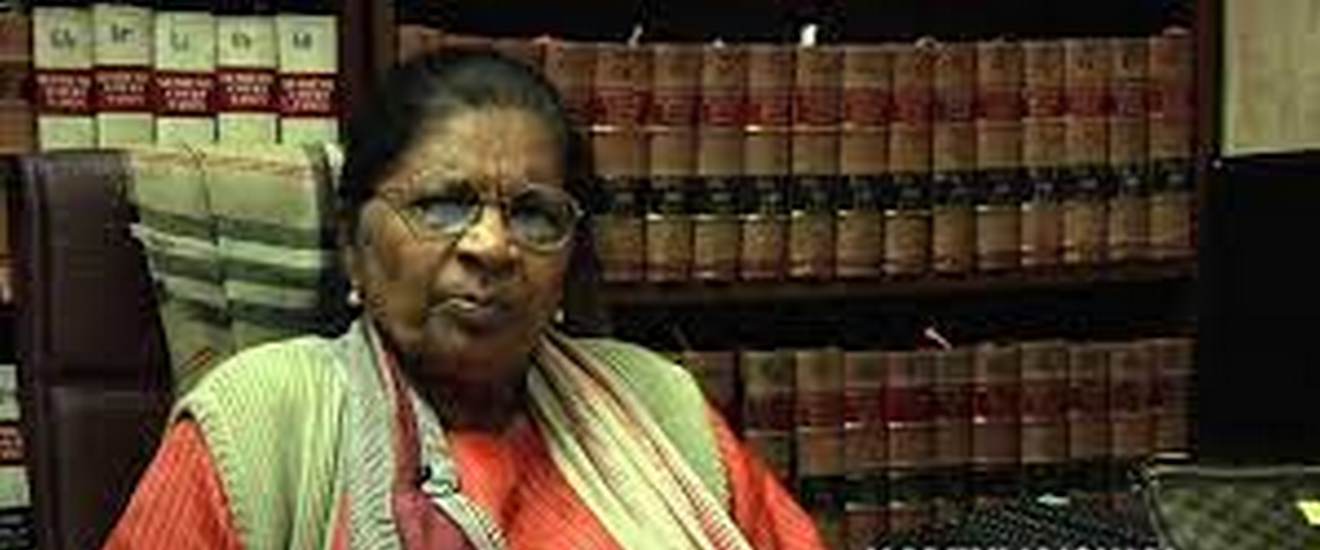Analysis
Interview with Kamini Jaiswal
Kamini Jaiswal on pendency of cases before the Court, new roster system, and important cases to look out for.

The Supreme Court Observer interviewed Kamini Jaiswal, following the re-opening of the court after its summer vacation.
1) What will change now that the SC is at full strength?
KJ: As far as the SC is concerned, I don’t think that there was an issue of strength. Pendency exists because there is indiscriminate filing. There is also pendency because High Courts sometimes are very cavalier in disposing certain matters which, if dealt with more seriously at the High Court, perhaps would not come to the Supreme Court.
Pendency also exists because there is no management of time. A lot of time is wasted in waiting for matters to come up or in verbose arguments. If we have limited time allocated for matters, like the American system, it would be much better.
Presently, if one is given 5 days, seniors will take 10 days because ultimately – I’m sorry if I may be talking against all the seniors – they’re paid on a daily basis. So there is a tendency amongst a lot of people – I wouldn’t say every senior – to do only 10 minutes each day.
People are working towards confusing and compounding issues, instead of simplifying them, because there is a vested interest. As a result, things that can be done in a few hours take weeks. This increases pendency.
Therefore I don’t think strength was the issue. The courts must regulate proceedings before them to stop filibustering and frivolous arguments. There has to be regulation and time management in allocation of oral arguments, length of written submissions etc. because these often create problems.
2) What can we look forward to in the new roster?
KJ: I don’t think there is a material change in the roster system. The Chief Justice has the power to delegate PIL matters and all Chief Justices have been delegating PILs to other judges.
However, the fact that the roster system has been put up is itself good because one knows what matters are dealt with by a particular bench.
3) What is an interesting ongoing case that mainstream media and the public don’t yet know but should pay attention to?
KJ: It is not necessarily a Constitution Bench decision that we must pay attention to. It’s decisions and matters with wider ramifications for citizens that we must pay attention to. For example, the VVPAT case was very important. NRC is an important matter and the media must pay attention to it because its ramifications are wide and deep-rooted.
The media tends to play up anything that will give it viewership – murder, rape and cases involving high-profile persons. The media must instead pay attention to a common man’s problem and the things that might affect the underdog or the wider public.







